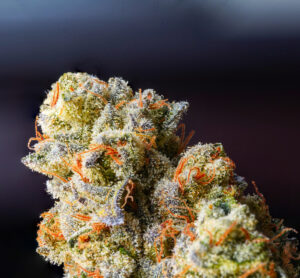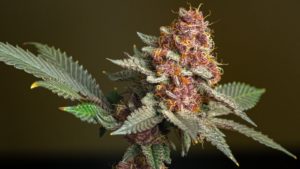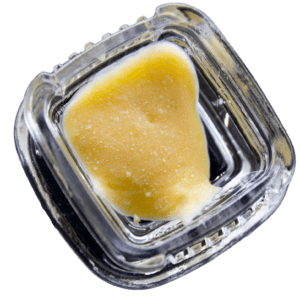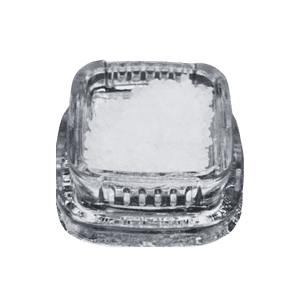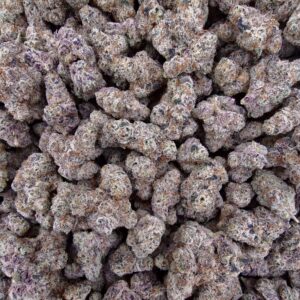
Is THCA Natural? Exploring the Origins, Benefits, and Legality
Alan Rachmann
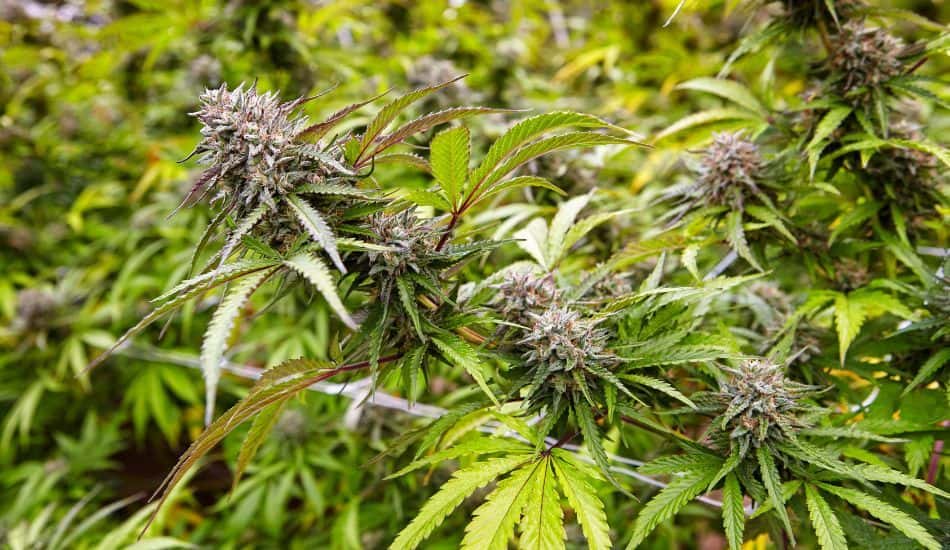
THCA, short for tetrahydrocannabinolic acid, is a natural, organically occurring compound found in the cannabis plant. It is a precursor to the well-known psychoactive cannabinoid THC (tetrahydrocannabinol) and is gaining attention for its potential therapeutic benefits.
In this comprehensive article, we will delve into the nature of THCA, its origins in the cannabis plant, its potential health benefits, and its legal status in various parts of the world.
Looking to buy THCa Hemp Flower in Bulk? If yes, click here.
Section 1: The Origins of THCA
1.1 Cannabis Plant: A Brief Overview
Cannabis, also known as hemp, has a long history of human use dating back thousands of years. A versatile plant known for its medicinal, recreational, and industrial applications, the cannabis genus contains over 100 different compounds known as cannabinoids, with THC and CBD (cannabidiol) being the most famous ones.
THCA is one of these natural cannabinoids, and it plays a significant role in the overall profile of cannabis.
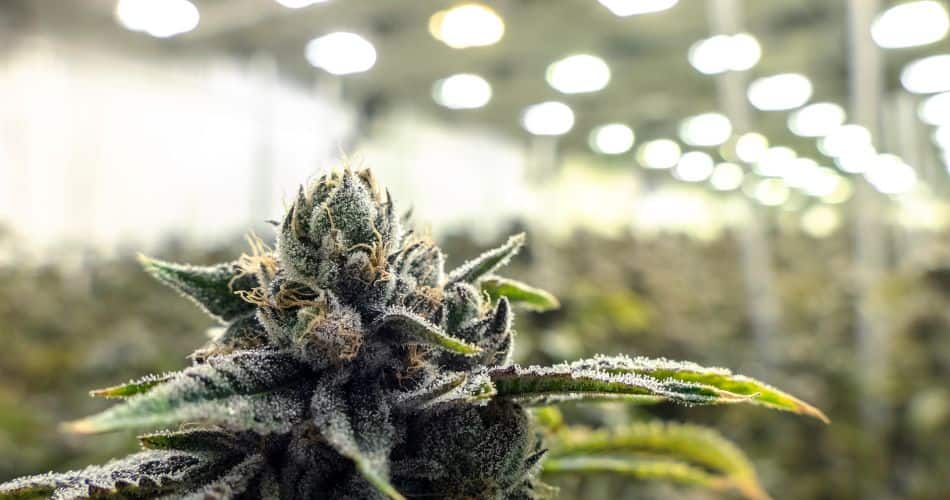
1.2 How THCA Is Produced in Cannabis
THCA forms in the trichomes of the cannabis plant, which are tiny, hair-like structures that cover the surface of the plant’s flowers, leaves, and stems. Trichomes are responsible for producing cannabinoids, terpenes, and other compounds that give each cannabis strain its unique aroma, flavor, and effects.
During the growth and maturation of the cannabis plant, CBGA (cannabigerolic acid) forms first then it becomes THCA. CBGA is the precursor to all major cannabinoids, including THC and CBD. Enzymes within the plant then convert CBGA into THCA through a process known as decarboxylation. This conversion involves the removal of a carboxyl group (COOH) from CBGA, resulting in THCA.
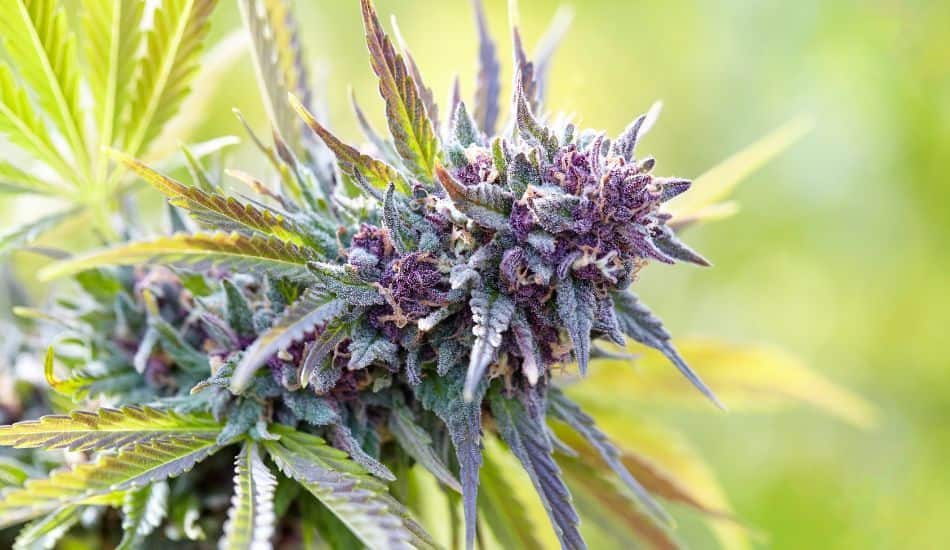
1.3 THCA vs. THC: Understanding the Difference
THCA and THC are closely related compounds, but they have distinct properties and effects. The main difference lies in their psychoactivity. THCA is non-psychoactive, meaning it does not produce the characteristic “high” associated with THC consumption.
To experience the psychoactive effects of THC, THCA must undergo decarboxylation, which typically occurs with the application of heat, such as smoking, vaping, or baking.
While THCA itself does not induce a high, it may offer a range of potential therapeutic benefits, which we will explore in the following section.
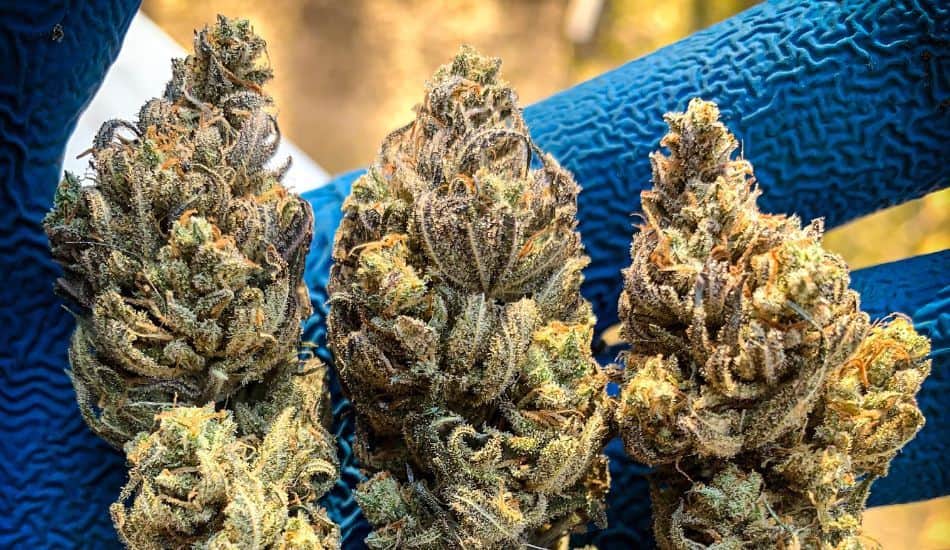
Section 2: The Potential Health Benefits of THCA
2.1 Anti-Inflammatory Properties
THCA has shown promise as an anti-inflammatory agent in preclinical studies. Inflammation is a common underlying factor in many chronic diseases, including arthritis, multiple sclerosis, and certain digestive disorders.
Some research suggests that THCA may help reduce inflammation by interacting with the endocannabinoid system, a complex network of receptors and enzymes that plays a crucial role in maintaining balance (homeostasis) in the body.
2.2 Pain Management
Chronic pain is a widespread health issue that affects millions of people worldwide. Some individuals turn to cannabis for pain relief, and while THC is known for its analgesic properties, THCA may also contribute to pain management. Research into the potential pain-relieving effects of THCA is ongoing, and early findings are promising.

2.3 Neuroprotective Effects
THCA has been studied for its potential neuroprotective properties. In laboratory experiments, THCA has demonstrated the ability to protect brain cells from damage caused by oxidative stress and inflammation. This neuroprotective potential has sparked interest in THCA as a possible treatment for neurodegenerative diseases such as Alzheimer’s and Parkinson’s.
2.4 Antiemetic (Anti-Nausea) Effects
Nausea and vomiting are common side effects of various medical conditions and treatments, including chemotherapy. THC has long been used to alleviate nausea and vomiting, but its psychoactive effects can be undesirable for some patients. THCA, in its non-psychoactive form, is being investigated as a potential antiemetic without the mind-altering effects of THC.

2.5 Improved Sleep
Many individuals struggle with sleep disorders, including insomnia. Cannabis has been used for its sedative effects, and THCA may contribute to this quality. While more research is needed to confirm its efficacy as a sleep aid, anecdotal reports suggest that THCA-rich strains of cannabis can promote better sleep.
Section 3: The Legal Status of THCA
3.1 United States
The legal status of THCA in the United States is complex and varies from state to state. Cannabis laws are evolving rapidly, and more states were legalizing either medical or recreational cannabis use.
In states where cannabis is fully legalized, THCA is typically available in various forms, including flower, concentrates, and edibles. However, federal law still classifies cannabis as a Schedule I controlled substance, which makes it illegal at the federal level. This legal discrepancy creates challenges for businesses operating in the cannabis industry, including those producing natural, THCA-rich products.
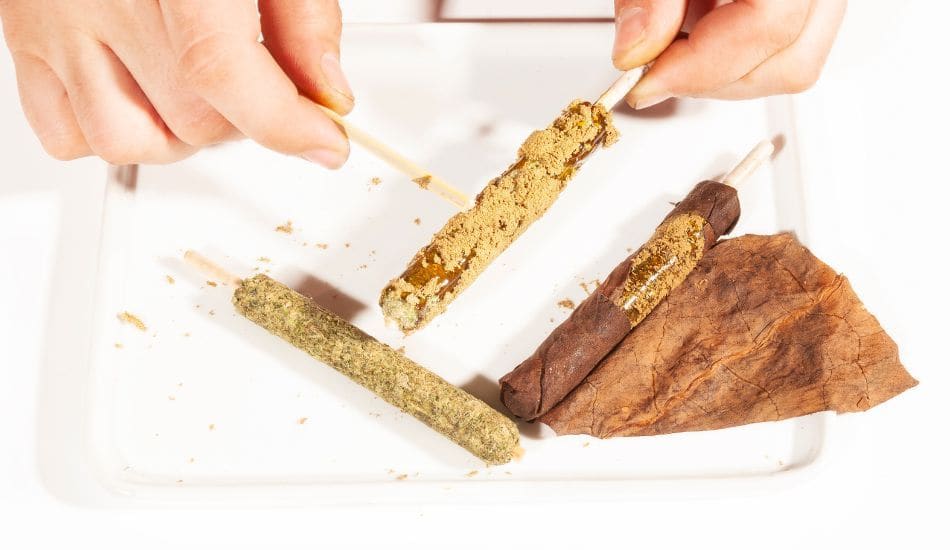
3.2 Canada
In Canada, cannabis was legalized for recreational use in October 2018, and medical cannabis has been legal for much longer. This means that THCA products are available to consumers and patients through legal channels. Health Canada regulates the production and sale of cannabis, ensuring that products meet quality and safety standards.
3.3 European Union
The legal status of THCA in the European Union (EU) varies from country to country. Some EU countries have legalized medical cannabis, while others strictly prohibit it.
In 2021, the European Court of Justice distinguished CBD derived from the entire cannabis plant (including THC-rich varieties) as non-narcotic, which may have implications for THCA as well. However, individual member states retain the authority to regulate cannabis within their borders, so the legal status of THCA remains subject to national legislation.

3.4 Other Countries
THCA’s legal status in other countries is similarly diverse. Some nations, like Uruguay and Israel, have established comprehensive medical cannabis programs that may include THCA-rich products. In contrast, others have strict anti-cannabis laws with severe penalties for possession or distribution.
It is crucial to research and understand the specific laws and regulations regarding THCA in your country or state, as they may have changed since my last knowledge update in September 2021.
Section 4: THCA Consumption Methods
4.1 Smoking and Vaping
One of the most common methods of consuming THCA is by smoking or vaping cannabis flower or concentrates. When heated, THCA undergoes decarboxylation and is converted into THC, providing the characteristic psychoactive effects associated with smoking cannabis.
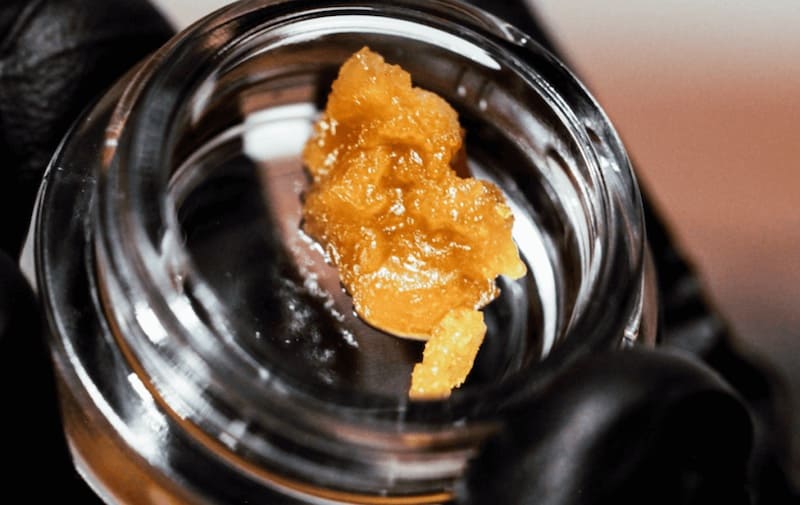
4.2 Edibles
THCA can also be incorporated into edible products, such as gummies, chocolates, and beverages. In these products, THCA remains in its non-psychoactive form until it is exposed to heat during the cooking or baking process, at which point it decarboxylates and becomes THC, making it potentially psychoactive.
4.3 Tinctures and Oils
THCA can also be found in tinctures and oils, which are typically administered sublingually (under the tongue) for fast absorption. These natural products allow users to experience the potential therapeutic benefits of THCA without the need for smoking or vaping.
4.4 Topical Applications
Some THCA-rich products are formulated for topical use. These creams, balms, and lotions are applied directly to the skin and may be used for localized relief of pain, inflammation, or skin conditions.
4.5 Capsules and Pills
THCA can also be encapsulated in pill or capsule form, offering a convenient and precise way to consume it. This method allows for controlled dosing and is preferred by some medical cannabis patients.

Conclusion: Is THCa Natural?
In conclusion, THCA is a natural compound found in the cannabis plant with a range of potential therapeutic benefits. It is distinct from THC in that it is non-psychoactive in its raw form, making it an attractive option for individuals seeking the medicinal properties of cannabis without the associated “high.”
Research into the health benefits of THCA is ongoing, and while preliminary findings are promising, more extensive clinical studies are needed to fully understand its potential.
Additionally, the legal status of THCA varies widely around the world, with some regions embracing its use for medical purposes and others maintaining strict prohibitions.
As the field of cannabis research continues to expand, it is likely that we will gain further insights into the true potential of THCA and its role in promoting human health. However, individuals considering THCA for therapeutic purposes should always consult with healthcare professionals and adhere to local laws and regulations regarding cannabis use.
Alan Rachmann
Leave a Comment
About El Jay's
We take pride in offering organically-grown THCa flower that is lab-tested to ensure the highest quality and purity. Our dedication to using sustainable and natural growing practices ensures that our flower is free of harmful pesticides and chemicals. Click here to view all our product offerings.
Recent Posts
Shop Now
-
- Sale!
Wholesale THCa Hemp Live Resin Badder – Choose Your Strains
- $240.00 – $3,500.00
- Rated 5.00 out of 5
- Select options This product has multiple variants. The options may be chosen on the product page
-
El Jay’s THCa Hemp Diamonds
- $25.99 – $67.99
- Rated 4.80 out of 5
- Select options This product has multiple variants. The options may be chosen on the product page
Contact Us
-
- Sale!
THCa Hemp Flower Pounds
- $500.00 – $1,650.00
- Rated 5.00 out of 5
- Select options This product has multiple variants. The options may be chosen on the product page
Sign up for our Newsletter
By submitting this form, you agree to receive emails from us.

